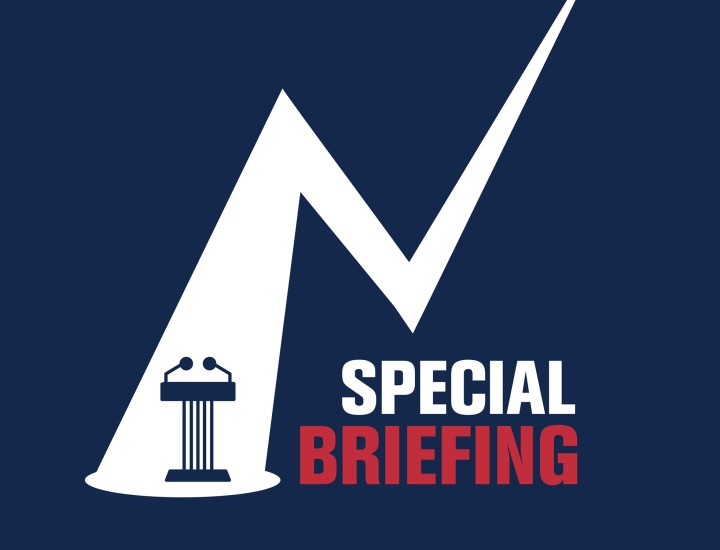As Recession Fears Linger, New Volcker Alliance Report Calls for Greater Federal Oversight of State and Local Budgets
New Report Details Steps Congress & Regulators Should Take to Avert Future Fiscal Crises
New York, NY – As state and local governments approach a fiscal cliff brought on by the expiration of COVID-19 funding, Congress and federal regulators should push for higher level of transparency in state and local borrowing, according to a new paper released today by the Richard Ravitch Public Finance Initiative at the Volcker Alliance. Sustainable State and Local Budgeting and Borrowing: The Critical Federal Role examines the historic pattern of limited federal oversight of state budgeting and borrowing and how the federal government can change course to prevent future state and local fiscal crises in the light of recent federal actions, such as the Financial Data Transparency Act (FDTA).
The paper serves as a primer for discussion at The Richard Ravitch Public Finance Initiative Symposium, presented by the Volcker Alliance, in cooperation with the Milken Institute, National Academy for Public Administration, Penn Institute for Urban Research, and Pew Charitable Trusts on January 12 in Washington DC. Leaders will discuss how states and localities can prepare for financial downturns–including a looming recession–through planning and preventative action; examine vulnerabilities in state and local budgets and bond markets; and explore how federal and state governments can work together to find solutions to the nation’s most pressing public finance challenges.
“The nation is at an important inflection point as many states and localities may face a fiscal cliff brought on by the expiration of federal COVID-19 relief aid, despite continued increased revenues. For too long, the federal government has maintained an indifferent posture on oversight of or uniformity in state and local budgeting and borrowing practices despite doling out over a trillion dollars a year in aid. Before states and localities are facing another fiscal crisis, now is the time for Congress and regulators to step in and implement sound, sustainable budgeting and borrowing practices nationwide so that they can better predict and prevent future crises that inflict great cost and pain on the economy and taxpayers alike,” said William Glasgall, Senior Director, Public Finance, at the Volcker Alliance.
Authored by long-time budgeting municipal finance experts Matt Fabian, a partner at Municipal Market Analytics and Lisa Washburn, MMA’s managing director and the chief credit officer, the paper recommends steps Congress and regulators should take to bolster fiscal sustainability, improve transparency, and avert future fiscal crises at all levels of government.
Even before Congress provided historic sums of financial aid to states and localities to help offset the economic impact of the COVID-19 pandemic, it was allocating some $1 trillion annually in grants and tax subsidies to America’s city and state governments. Yet Congress and the executive branch have demanded little in continuing, high-level oversight of state and local budgeting and borrowing practices, making it difficult for federal authorities to help avert fiscal crises that may end up costing the U.S. economy and taxpayers tens of billions of dollars.
The paper provides a six-point agenda for discussion and action regarding budgeting and borrowing. In return for trillions of dollars in federal funding and tax benefits, we recommend that state and local governments should be offered incentives to adopt generally accepted accounting principles (GAAP) for budgets and annual comprehensive financial reports (ACFRs) that largely follow these standards. Additionally, we recommend that federal lawmakers should take a more active role in overseeing the municipal securities market, which was largely deregulated in 1975.
The paper concludes that further discussion of—and action on—these pressing issues is vital, especially surrounding budgeting and borrowing.
###
For media interested in attending the Symposium, please email [email protected] for details about registration.

